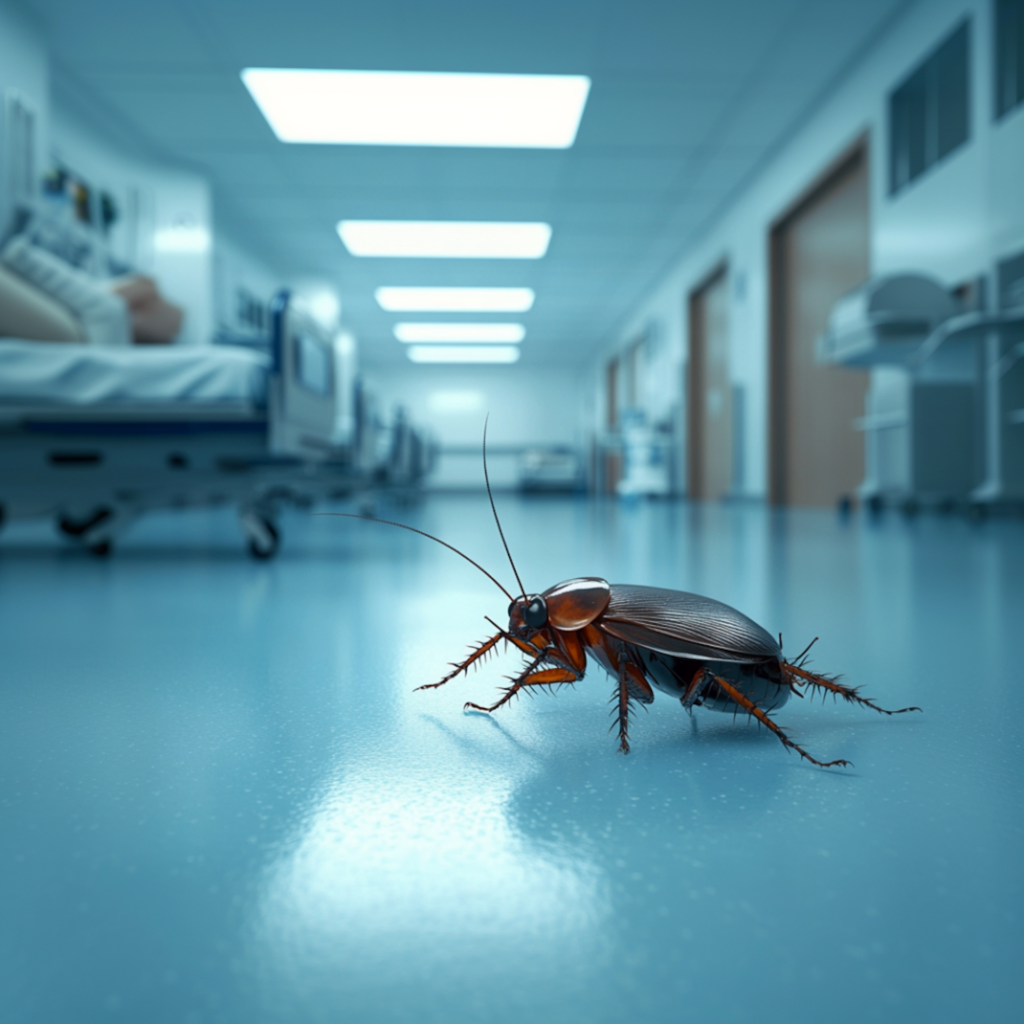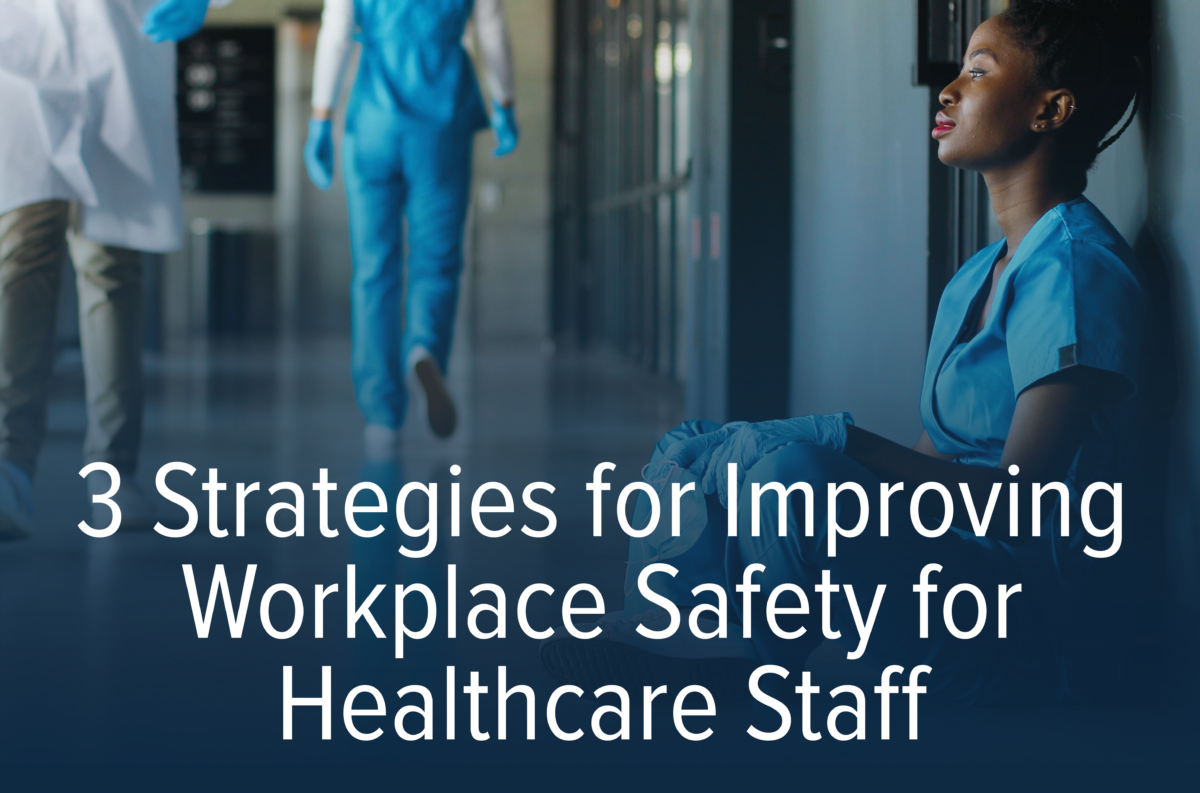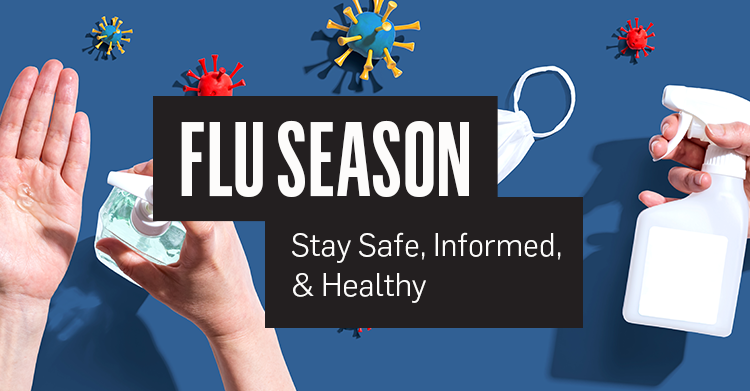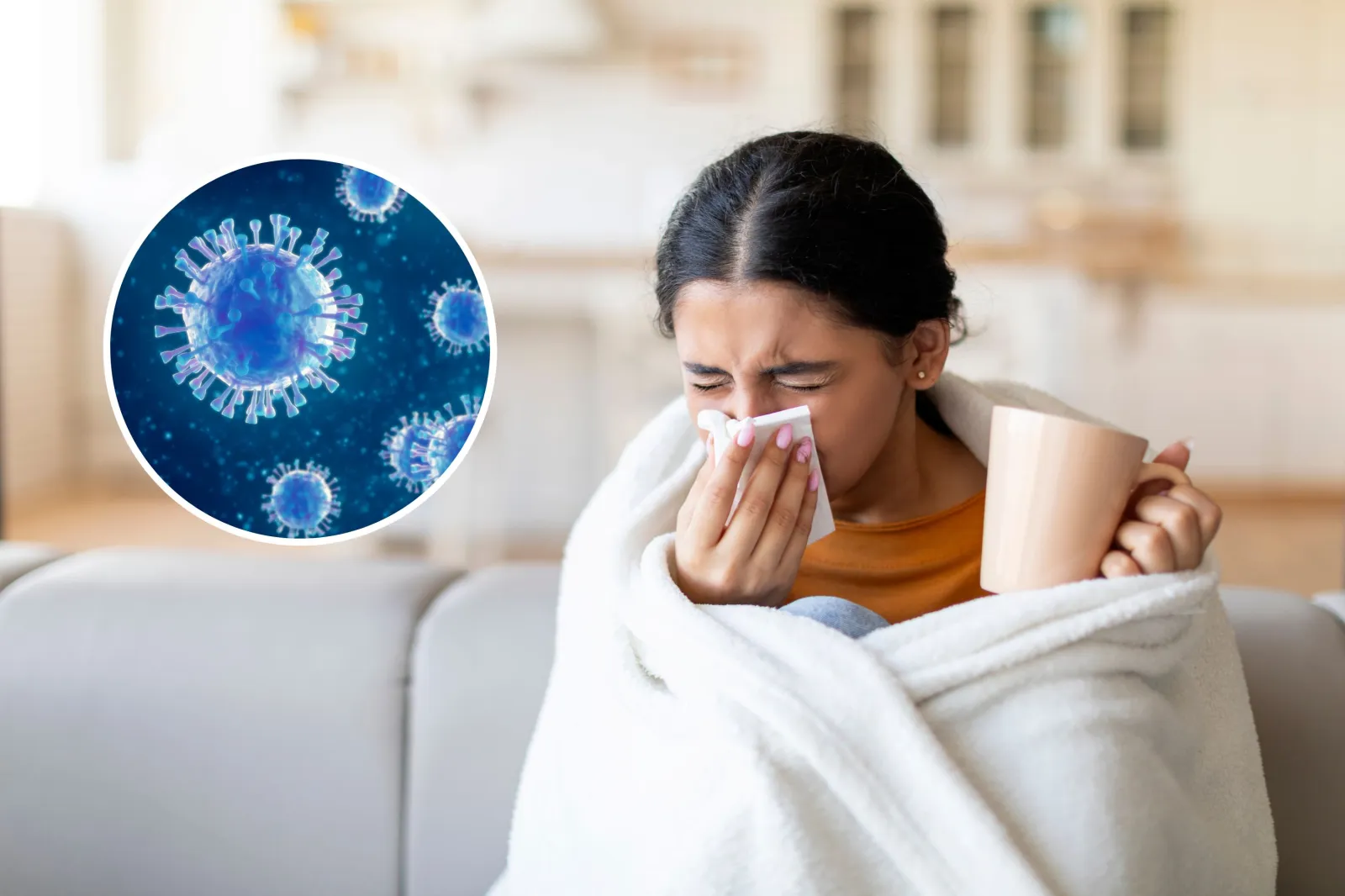Would you like some help with Vector Control At Your Healthcare Facility?
Secure Waste provides expert answers and solutions for safer pest control and Disease spreading reduction principles.
The management of medical and healthcare waste is an increasingly critical issue. As life expectancy rises and the population expands, the healthcare industry is experiencing significant growth. This surge results in the generation of greater quantities of infectious medical waste, heightening the risks associated with disease transmission due to inadequate waste management practices.
What Is A VECTOR? “Click Here For The Answers From The World Health Organization (WHO)”
Additionally, the lack of effective vector control measures exacerbates these concerns. We must enhance our strategies for managing vectors, including rodents, cockroaches, and other potential carriers. By adopting a proactive approach, we can significantly reduce or eliminate these parasites, thereby mitigating the risk of illness in the community.
Need Best Practice Healthcare Waste Management? “Click Here”
Secure Waste explains that while a substantial portion of medical waste is categorized as non-hazardous, it is imperative to recognize that up to 25% of it can be classified as hazardous.
This statistic represents a significant risk of injury, illness, or disease in humans and animals, posing environmental threats through improper healthcare waste management and disposal.
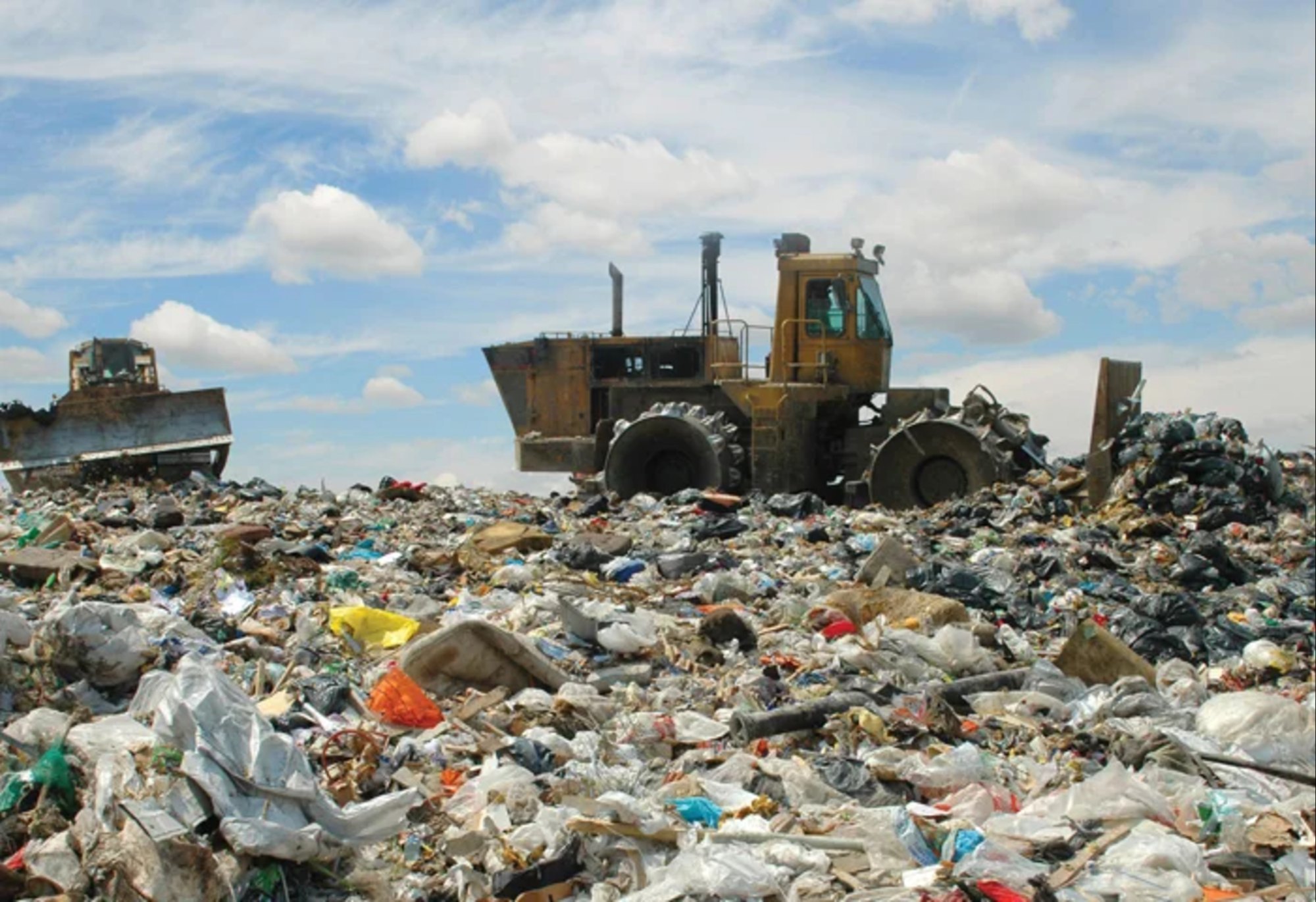
Challenges With Improper Healthcare Waste Management
The challenges associated with improper healthcare waste management underscore a critical issue requiring immediate attention from all medical waste generators. One may be tempted to view the 25% figure as a relatively minor concern; however, problems arise when hazardous waste becomes intermixed with non-hazardous waste due to inadequate segregation practices.
Such occurrences often stem from insufficient education and training among healthcare professionals and support staff, including those in environmental services, laundry departments, and maintenance teams.
Poor waste management in Maryland, Virginia, or even Washington D.C. can facilitate the spread of severe diseases, some of which may be fatal. Pests such as insects, rodents, and microorganisms can be vectors for these diseases.
Secure Waste explains to combat this issue, organizations such as the Environmental Protection Agency (EPA), the Centers for Disease Control and Prevention (CDC), and the United States Department of Agriculture (USDA) have established a comprehensive inventory of pests that pose considerable public health threats. In certain instances, pesticides mitigate these pests and protect public health.
For instance, vector-borne diseases, including Zika virus, Lyme disease, and rabies, are transmitted by vectors such as mosquitoes and ticks. The EPA has registered multiple products to control these pests, including insect repellents and rodent control solutions.
Additionally, indoor pests, such as cockroaches, can exacerbate asthma and allergy symptoms; fortunately, the EPA provides guidance on EPA-registered products for effective pest management in residential and educational settings.
Microbial diseases also present a significant concern. Various microorganisms—including bacteria, viruses, prions, and protozoans—can lead to infections in individuals. Healthcare institutions such as hospitals and clinics utilize EPA-registered antimicrobial pesticides to control these microorganisms and effectively reduce disease transmission.
Secure Waste Shares, according to the CDC, approximately 500,000 individuals in the United States are exposed to blood-borne pathogens from medical waste annually, primarily due to accidental needlestick injuries.
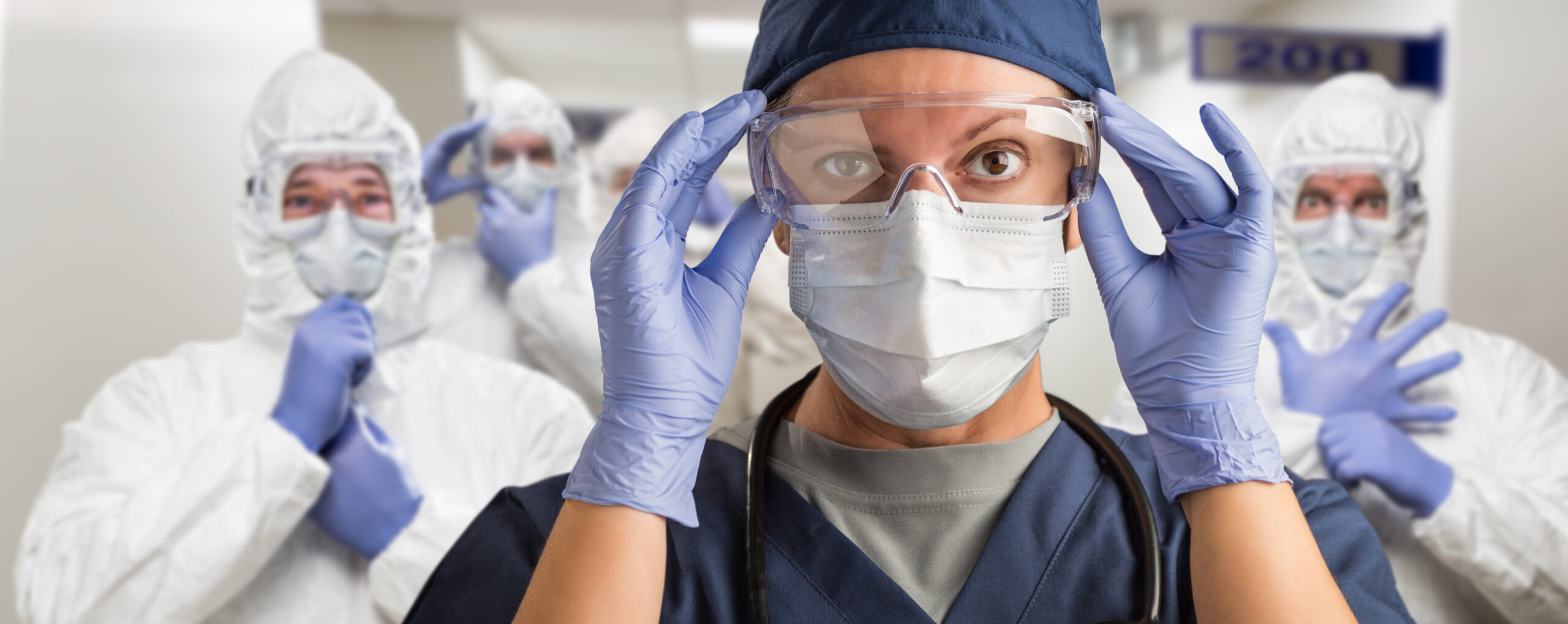
We Must Acknowledge Improper Management And Disposal Of Healthcare Waste
It is crucial to acknowledge that the improper disposal of needles and syringes is a major contributor to this issue. The risks extend beyond hepatitis and HIV; the CDC has identified more than 20 additional blood-borne pathogens that can be transmitted through inadvertent sharps injuries.
Suppose solid waste in healthcare facilities is not managed appropriately. In that case, it can create an environment conducive to the proliferation of insects, rodents, and other small animals, thereby facilitating the spread of diseases such as rabies and even the plague.
Although this may seem alarming, history demonstrates the importance of hygiene and waste management for public health and safety.
Moreover, parasitic infections may arise from the improper disposal of laboratory medical waste, which poses additional risks to healthcare workers and the surrounding community.
Parasites thrive in waste environments and can be transmitted to humans through skin contact and inhalation. Pathogens emitted by medical waste can lead to severe respiratory infections, including tuberculosis, pneumonia, and influenza.
Meningitis represents another serious health risk associated with blood-borne pathogens, leading to inflammation of the membranes encasing the brain and spinal cord through contact with contaminated bodily fluids.
In conclusion, it is vital to adopt a proactive approach to addressing the challenges related to healthcare waste management, especially medical waste. By prioritizing proper waste segregation, enhancing educational initiatives, and implementing best practices, we can significantly mitigate these risks and promote a safer environment. We must collectively assume responsibility for effectively managing medical waste to safeguard our communities and the environment.
In conclusion, now that you know the importance of vector control in the Healthcare setting, including medical waste management, don’t hesitate to contact Secure Waste.
We provide reliable, compliant, eco-friendly medical waste disposal solutions for your facility’s needs. We have expertise in biomedical, hazardous waste, and Sharps container disposal. In addition, we provide customized waste management plans, including secure collection and transport and sustainable disposal practices.
Contact us today for a FREE Waste Assessment, or request a quote online!
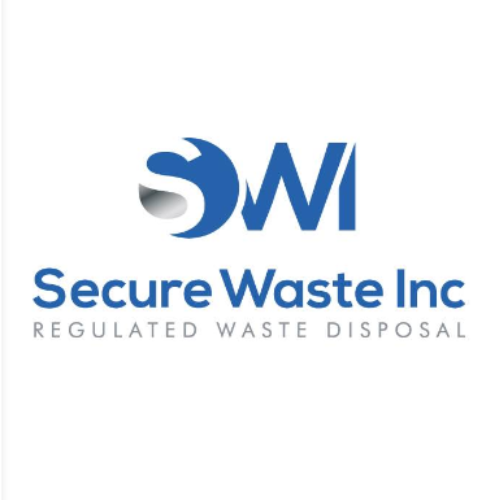
Expert Medical Waste Management: With over 25 years of industry experience, Secure Waste is a trusted local leader in hazardous and biohazardous waste disposal across Maryland, Virginia, and Washington, D.C. Specializing in medical waste management, sharps needle disposal, and biohazard waste removal, the company ensures full compliance with federal, state, and local regulations while prioritizing environmental sustainability.
The company also offers additional services, including secure document shredding and sharps container sales, providing comprehensive solutions for healthcare facilities and businesses. Our cost-effective services help clients maintain regulatory compliance without unexpected costs.
With a commitment to customer satisfaction, Secure Waste offers tailored waste management plans that align with industry best practices. Their team of experts provides reliable, timely, and compliant services, making them the preferred choice for medical waste disposal. For a free waste quote or more information, visit www.securewaste.net
